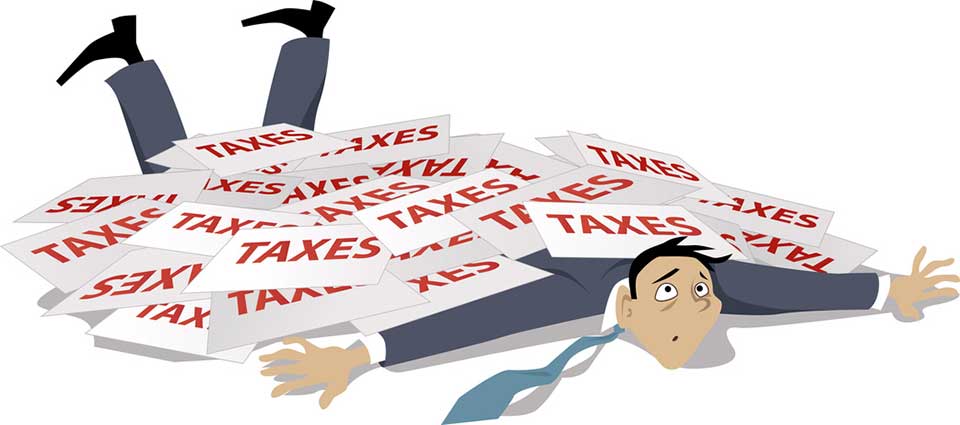Resolve [wpbb post:title]
Our Tax Professionals Can Help Resolve Back Taxes
[fl_builder_insert_layout id=”15844″ type=”fl-builder-template”] SELECT SERVICESOur Tax Professionals Can Help Resolve Back Taxes
[fl_builder_insert_layout id=”15844″ type=”fl-builder-template”] SELECT SERVICESWhat is “Back Taxes”?
They are taxes that have been unpaid in the year that they were due. You can have unpaid back taxes at the federal, state and/or local levels. Back taxes accumulate interest and penalties on a regular basis.
If you did not file your income tax returns in the year they were due the IRS (Federal) and State could file for you, usually without exemptions, credits, or allowances. Neither IRS nor State have a filing statute of limitations on how far back they can go. If you had a filing requirement and possibly owe they will file a substitute for return (“SFR”) in order to start collecting on the back taxes owed. Once the IRS and State complete their assessment or SFR, they can move forward with collection actions, such as wage garnishments, bank levies and liens.
View More Services
The Tax Defense Group – Offering a full range of Tax Relief, Tax Preparation and Tax Audit Services
Choose Services
Tax PreparationAudit RepresentationFresh Start InitiativeWage GarnishmentBank LevyBack TaxesStatute of LimitationsInnocent SpouseSocial Security LevyPension LevyState Wage GarnishmentDrivers License SuspendedInstallment PlansLien SubordinationPayroll TaxForeign BankingRevenue Officer AssignmentAudit ReconsiderationState Bank LevyTax Lien FilingLien WithdrawalOffer in CompromiseCurrently Not CollectiblePenalty AbatementTax NegotiationTax ResolutionTrust Fund Recovery
How Will the IRS Know About Your Taxable Income
The IRS and State receives income reported by your employer(s), therefore, they will know if you have a filing requirement or not and will file a return for you if you don’t. If you did not have income but had a professional or business license the State could estimate your income based on your license and prepare a return using the industry standards.There is a statute of limitations on how long they can collect on the back taxes- the IRS is 10 years from when the tax was assessed (not when the return was due) and the state varies depending on which state you lived in, usually 15 to 20 years. Therefore, it is beneficial for you to file your own returns to set the statute.Filing your own tax return also reduces the penalties and interests assessed.

What Happens if You Don’t File?
If you do not file a tax return you risk losing your refund if you were entitled to a refund. You must file your return to claim any refunds, tax credits (such as Earned Income Credit) within 3 years of the return due date. For some states, for example California, it’s up to 4 years.
If the IRS filed a SFR for you and levied your accounts you have 2 years from the date of the levy payments to file your original tax return to have the levy payments refunded or reapplied. Therefore, if you were levied on a SFR balance you must file your tax return immediately to recoup your funds.
Impacts to Social Security
Filing your own tax return also protects your social security benefits if you are self-employed. With a filed return your self-employment income will be reported to Social Security Administration and you will receive credits towards Social Security retirement or disability benefits. If you do not file your return you will not receive these credits.
Help with Back Taxes is Available

